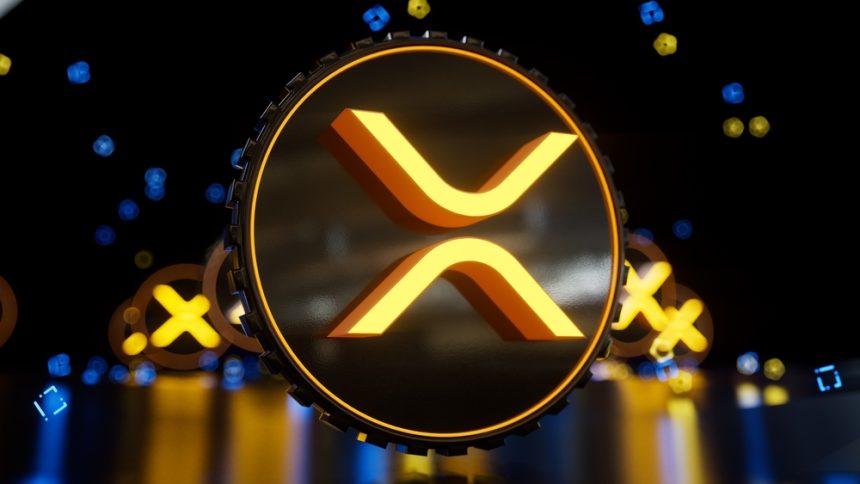India’s High Court Declares XRP Property, Not Speculation
India’s Madras High Court has issued a historic ruling that strikes down the RBI ban on cryptocurrencies. In a ruling last month, Justice N. Anand Venkatesh determined that digital assets, including XRP, is “property capable of being owned and held in trust,” and rejecting the notion that crypto is solely speculation. This critical decision grants the Indian investor community new legal certainty, and will establish a precedent for the development of the industry.
The case commenced after a WazirX user’s 3,532 XRP was frozen following a hack of the platform. The exchange tried to have the tokens transferred or limited, resulting in litigation. The court granted an injunction to preserve investor holdings and articulated that exchanges owe a ‘fiduciary like’ responsibility to protect user assets. For the first time, an Indian court admitted that cryptocurrencies are assets with inherent ownership rights resembling gold, property or stocks.
By classifying crypto as property, the court has paved clearer roads to resolving disputes, recovering stolen tokens and handling digital wealth within estates or bankruptcies. And it also means that if exchanges mishandle users’ holdings, in addition to seeking an injunction they can now seek damages. Legal experts say the ruling could also force Indian platforms to separate user assets from company funds, establish trust-based custodial practices and rewrite their terms of service.
This ruling comes at a time when India doesn’t have one single ‘crypto law’. Still, it’s a compromise between the government’s cautious position and real-world concerns over ownership. That could impact how digital assets are treated under taxes, accounting, and inheritance laws especially as the nation continues to enforce its 30% tax on crypto gains.
For investors, it means robust protection. Courts can also move quickly to prevent exchanges from taking or otherwise re allocating tokens in times of crisis. For exchanges, it imposes higher operational standards transparency, regular audits and adequate custody systems.
The ruling also resonates globally. As the U.S. Ripple case put to bed the “security” debate, India’s ruling fights on the “property” question arguably one of the pillar for burdening custody and ownership rights. It could even have an effect in other common law countries looking at the same issues.
In brief, this case does not make crypto legal tender but it makes it lawfully concrete. They made the first move, but it’s all thanks to 100 million crypto users for whom this signals a new chapter where digital assets are finally given recognition, protection, and accountability in India.






















